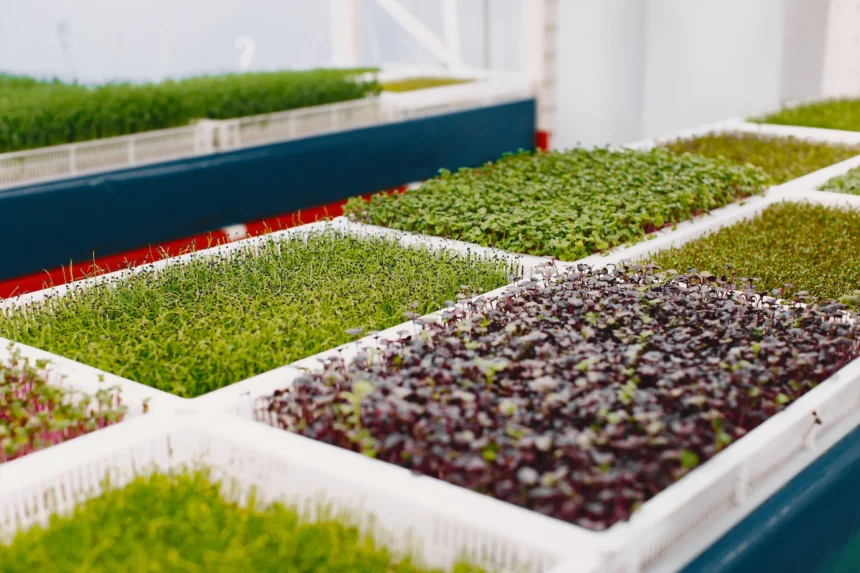Horticulture refers to the practice of growing and nurturing a diverse range of crops, including fruits, vegetables, herbs, flowers, and ornamental plants. South Africa, with its diverse climate and fertile soil, provides an ideal environment for horticultural activities.
In South Africa, horticulture plays a significant role in the agricultural sector and the country’s economy. It encompasses various agricultural practices, such as crop production, landscaping, nursery operations, and plant breeding. Here are some key aspects of horticulture in South Africa:
- Crop Diversity: South Africa’s favorable climate allows for the cultivation of a wide range of crops throughout the year. The country produces a diverse array of fruits, including citrus fruits, apples, pears, avocados, grapes, and stone fruits like peaches and plums. Vegetables such as tomatoes, potatoes, carrots, onions, and leafy greens are also grown extensively.
- Climate Considerations: South Africa has a varied climate, ranging from Mediterranean in the Western Cape to subtropical and arid in other regions. Different regions specialize in specific crops based on their climatic conditions. For example, the Western Cape is known for its vineyards and wine production, while the Limpopo Province is renowned for citrus farming.
- Commercial Horticulture: Horticulture has a significant commercial impact in South Africa, with many farmers and businesses dedicated to crop production. Large-scale commercial farms, as well as smaller family-owned enterprises, contribute to the country’s agricultural output and employment opportunities.
- Sustainability and Conservation: In recent years, there has been an increased emphasis on sustainable horticulture practices in South Africa. Farmers are adopting techniques such as drip irrigation, precision farming, and integrated pest management to optimize water usage, reduce chemical inputs, and minimize environmental impact. Conservation efforts also focus on preserving indigenous plant species and biodiversity.
- Export Market: South Africa is a major exporter of horticultural products, supplying both regional and international markets. The country’s favorable agricultural conditions, coupled with its strategic location, enable efficient export of fresh produce. Key export crops include citrus fruits, avocados, table grapes, and cut flowers.
- Empowering Small-scale Farmers: Horticulture in South Africa supports both large-scale commercial operations and small-scale farmers. Government initiatives and agricultural organizations aim to empower small-scale farmers by providing training, resources, and market access, enabling them to participate in horticultural activities and improve their livelihoods.
Overall, horticulture plays a vital role in South Africa’s agricultural landscape, contributing to food security, economic growth, and employment generation. The sector continues to evolve, with a focus on sustainable practices, innovation, and market diversification, ensuring its significance in the country’s future agricultural development.
Join 'Farmers Mag' WhatsApp Channel
Get the latest Farming news and tips delivered straight to your WhatsApp
CLICK HERE TO JOIN






